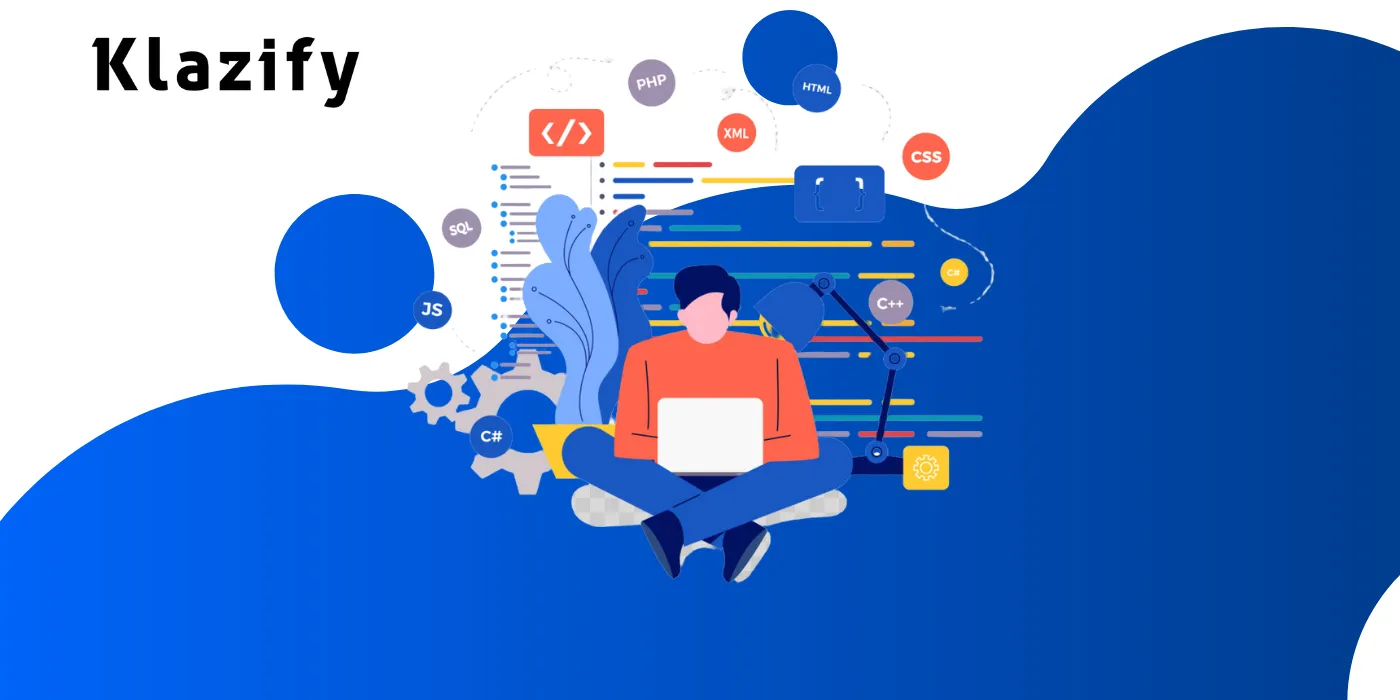Social Media Links API For Development Purposes

In today's digital age, social media plays a pivotal role in connecting people and businesses worldwide. With millions of users engaging on various social platforms daily, developers are constantly seeking efficient ways to integrate social media functionalities into their applications. This is where Social Media Links APIs come into play, offering developers the tools they need to harness the power of social media within their applications.
Understanding Social Media Links API
Social Media Links API, or Application Programming Interface, provides developers with a set of protocols, tools, and definitions that allow different software applications to communicate with each other. In the context of social media, these APIs enable developers to access and integrate features such as sharing, authentication, analytics, and more from popular social media platforms like Facebook, Twitter, LinkedIn, Instagram, and others.
Benefits of Using Social Media Links API
- Streamlined Integration: By utilizing Social Media Links API, developers can seamlessly integrate social media functionalities into their applications without the need to build these features from scratch. This saves time and resources, allowing developers to focus on other aspects of their projects.
- Enhanced User Experience: Integrating social media features such as sharing, login, and engagement enhances the overall user experience of an application. Users can easily interact with the app using their preferred social media accounts, leading to increased engagement and retention.
- Access to Rich Data: Social Media Links API provides developers with access to a wealth of data from social media platforms. This data can be leveraged for various purposes such as user analytics, targeted advertising, and content personalization, enabling developers to create more tailored experiences for their users.
- Increased Reach and Visibility: By integrating social media sharing features, developers can amplify the reach and visibility of their applications. Users can easily share content from the app on their social media profiles, exposing it to a wider audience and driving organic growth.
Implementing Social Media Links API with Klazify
Klazify, a Content Classification API tool, offers developers a convenient way to incorporate Social Media Links API into their applications. With Klazify's easy-to-use interface and comprehensive documentation, developers can quickly integrate social media functionalities and unlock the full potential of their applications.
Getting Started with Klazify
- Sign Up for an Account: To begin using Klazify's Social Media Links API, developers need to sign up for an account on the Klazify website. The signup process is straightforward and requires basic information such as name, email, and password.
- Generate API Key: Once signed in, developers can generate an API key from the dashboard. This API key will be used to authenticate API requests and ensure secure communication between the application and Klazify's servers.
- Explore Documentation: Klazify provides comprehensive documentation that outlines the various endpoints, parameters, and usage examples of its Social Media Links API. Developers should familiarize themselves with this documentation to effectively integrate the API into their applications.
Integrating Social Media Links API
- Authentication: Before making any API requests, developers need to authenticate their application using the API key generated earlier. This ensures that only authorized users can access Klazify's Social Media Links API.
- Making API Requests: Developers can make API requests to retrieve social media links from a given URL. These links may include share links, profile links, embedded content, and more, depending on the functionality supported by the social media platform.
- Handling Responses: Once the API request is made, Klazify's servers will process the request and return a response containing the requested social media links. Developers can then parse this response and incorporate the retrieved links into their application as needed.
Use Cases of Social Media Links API
- Social Sharing Buttons: Developers can use Social Media Links API to generate social sharing buttons within their applications. These buttons allow users to easily share content from the app to their preferred social media platforms with just a click.
- Social Login Integration: Integrating social login functionality using Social Media Links API enables users to sign in to the application using their existing social media accounts. This eliminates the need for users to create a new account, streamlining the onboarding process.
- Content Embedding: Developers can leverage Social Media Links API to embed content from social media platforms directly into their applications. This could include embedding tweets, Instagram posts, YouTube videos, and more, enhancing the richness of the app's content.
- Social Analytics: By utilizing Social Media Links API, developers can gather valuable insights into user engagement and behavior on social media platforms. This data can be used to optimize content strategy, measure campaign performance, and make informed business decisions.

Conclusion
Social Media Links API offers developers a powerful toolkit for integrating social media functionalities into their applications. By leveraging the capabilities of Social Media Links API, developers can enhance the user experience, increase reach and visibility, and access valuable data from popular social media platforms. With platforms like Klazify providing easy-to-use APIs and comprehensive documentation, developers can seamlessly integrate social media features into their applications and unlock new possibilities for innovation and growth.
